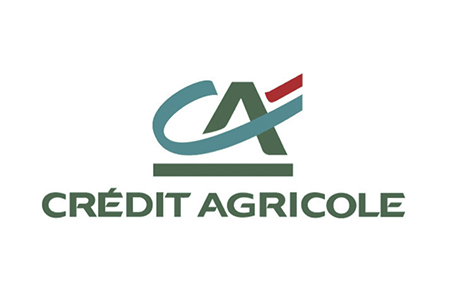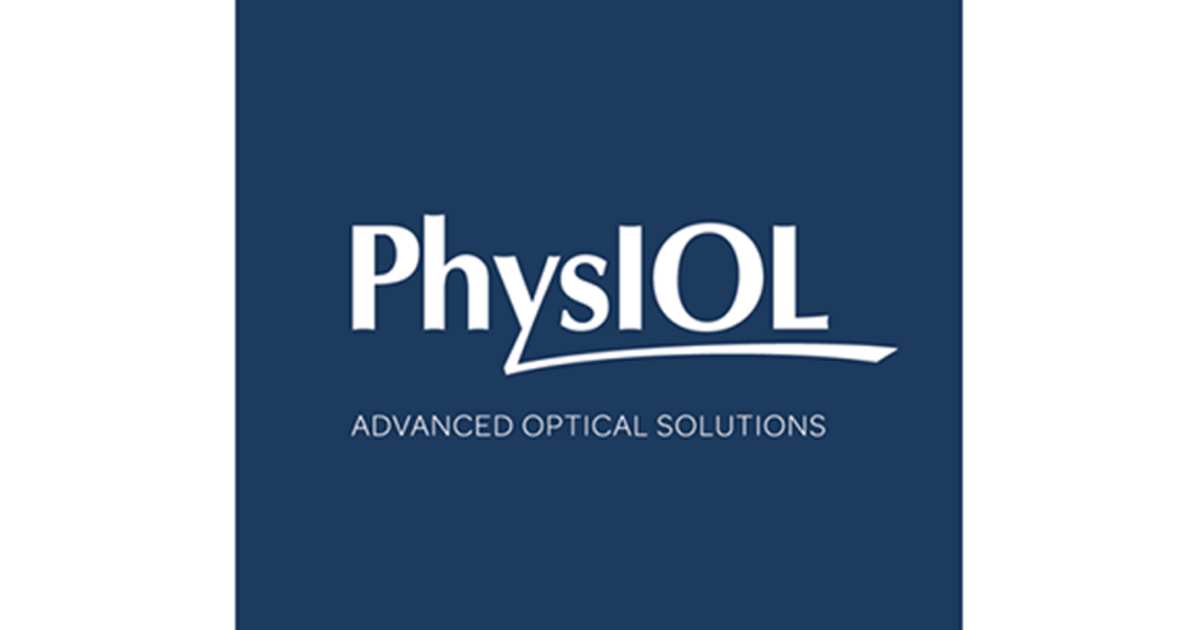
Developing a culture of Empowerment & Collective Intelligence
- Advisory
- Conseil
The organization’s Back-Office had long operated on a classic “industrial/bureaucratic” model, i.e. a “directive and paternalistic” management style that controlled the work of the staff in “execution” mode. Internal and external customers demanding greater efficiency and agility, a certain degree of demotivation in the field and the arrival of a new Top Manager were the 3 key elements at the origin of this project to develop a culture of empowerment centered on participation. The aim of the initiative is to support the management team in implementing a culture of personal empowerment and collective intelligence at every level of the organization.
Type
150-300 ETPs
Finance / Insurance
France
Challenges
Deploying a culture of personal empowerment & collective intelligence
Ressources
2 Consultants (Change manager / Trainer & Coach)
Time
24 months, based on specific, targeted interventions
The approach deploys a series of structured interventions in “agile” mode, aimed at having a lasting impact on the organization’s culture :
